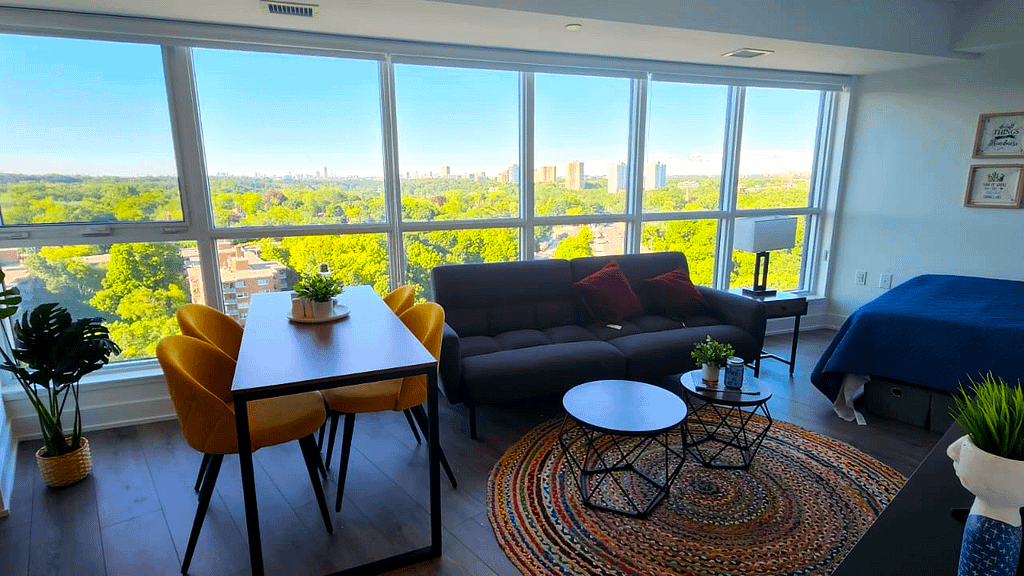
While you are purchasing a residential investment property, there are two primary methods of generating income from it. Either they can rent it for a short period of time for a sum of money or else they can lease it for a year. Thus the dilemma begins, Which form of income is suitable for an investor? Short Term rental or Long Term rental? We have selected a few pros and cons in order to help you make a better decision.
Most investors look for stability, so most of them are inclined towards long term rentals. However, short term rentals have several benefits which outweighs long term rentals.
To begin with, we are going to talk about short term rentals. According to the City of Toronto website, “A short-term rental is all or part of a dwelling unit rented out for less than 28 consecutive days in exchange for payment. This includes bed and breakfasts (B&Bs) but excludes hotels and motels. It also excludes other accommodations where there is no payment.”
Let’s talk about the advantages behind this type of rentals.
- You can fluctuate the rate: in short term rentals, you can charge higher in peak seasons and charge less in off peak seasons. This allows you to have a higher income potential.
- Flexibility to use it for your personal use: You can take the property off the short term rental market place any time you want to use it for personal use. A big party or a family gathering. You do not have to book another place for these occasions.
- Short term customers will not make any changes to the units: People renting long term might have a preference to rearrange the furniture or redecorate the whole place altogether. People who are coming to stay in the unit for a few weeks maximum would not have such desires.
Now let’s talk about the cons.
- Units need to be regularly managed: in short term rentals, every time a guest leaves the unit needs to be cleaned and taken care of. Furthermore, you have to manage availability and unavailability in all the platforms your unit is in.
- Income is not guaranteed: There may be times your unit is not rented out and you are not generating income from it. This specially may happen during off peak season, however, you are still paying the bills.
- Needs constant upgrades to keep up with ever growing competition: You constantly need to upgrade and update all furniture, appliances and gadgets to keep up with the competition posed by the increasing number of short term rental owners.
If we had to define long term rentals, it is basically when a tenant leases a unit for a long period of time. Even though it might be a shorter or longer span of time, most leases are around 1 year long.
Let’s look at the pros of long term rentals:
- Fixed income: This is what you want when building an asset. Something that generates income even while you sleep. When you are signing a lease agreement you would be receiving the rent as an income source during that time.
- Property management is at ease: Usually takes care of the daily chores like cleaning and minor repairs. This eases the pressure on the owner in terms of property management and maintenance.
- Finance is easier: A long term investment property is easier to finance as investors or lenders see less risk in terms of income generated as a regular cash flow.
Now let’s study the cons of Long term rentals:
- Chances of ending up with a wrong tenant: This is one of the major cons of long term rentals. If you end up with the wrong tenant, your dream investment can turn into a nightmare. It’s always better to hire an agent to find you the right person to rent out your property.
- Limitations in rent increase: there are huge limitations in terms of increasing the rent. This limits the potential of cash flow And when inflation rampant throughout the economy. This is a major blow.
- Less control over the property: Even if you want to do an inspection or visit, you are obliged to give a 24 hours notice. You also have to be well versed in tenants rights and follow accordingly.
